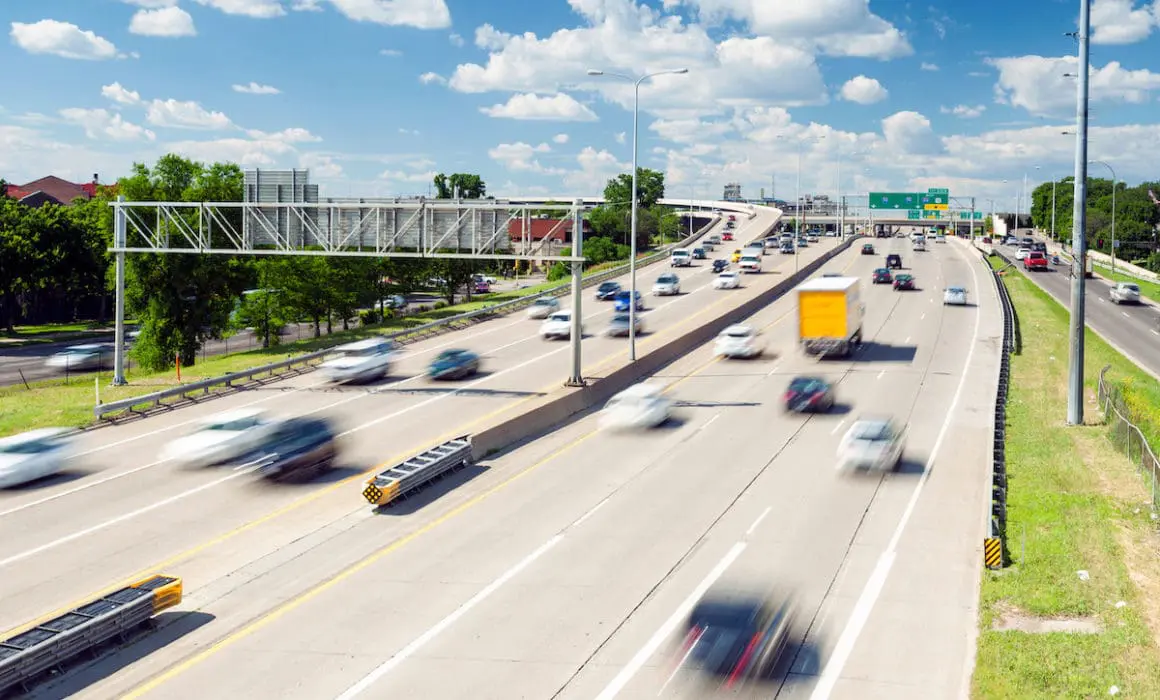Electric Roads are “On Track” in Motor City

Electric vehicles (EV) are surely a greener mode of transportation than gas-guzzling cars, buses, and trucks. But batteries are expensive, recharging takes longer than filing up at the pump, and charging stations are scarce, which can spark fear of getting stranded.
Alumnus-founded Electreon has come up with an ingenious solution. Electrify the roads so our EVs can recharge while we are driving. The company, started in 2013 by Oren Ezer M.S. ’06, has been piloting its smart road technology in Israel and Europe. Now, they are rolling out in Detroit — the heart of the U.S.’s automotive industry.
“As transportation infrastructure is being reinvented and we have money from the federal government to reinvent it, we are looking at what else could we do, aside from creating charging stations to help transition to electric,” Trevor Pawl, chief mobility officer for the State of Michigan said recently. “One of those things is not having to wait half an hour at a charging station.”
Electreon’s technology does away with the need for recharging stations. It works by transferring energy from the electricity grid through copper coils laid beneath the pavement to EVs equipped with lightweight receivers under the chassis. The receivers transmit the energy directly to the engine and battery while the car is in motion. The technology also charges slow-moving vehicles such as queuing taxis waiting for passengers, and EVs that are parked in designated Electreon-powered bus stations, loading docks, and parking lots.
The recharging technology would reduce air pollution, save drivers time, and lessen “range anxiety.” Since the vehicles will be constantly recharging and need just minimal storage capacity, their batteries could be smaller and lighter. When used on buses, they would release room for more passengers.
“2022 is Electreon’s year of transition from planning, development, and construction of supply chains towards large-scale production and sales,” said alumnus Ezer, who is CEO.
Coinciding with Israel’s plans to ban polluting buses from 2025 onward, Electreon started collaborating with the Dan bus company in 2019 to deploy specified electrified road lanes around Tel Aviv. Simultaneously, Electreon began working with Sweden to electrify their roads. And this past spring, Electreon agreed to supply Israeli bus operator Elektra Afkim infrastructure for charging 30 buses, and demonstrated a prototype stretch of road in Italy for use at the Bergamo Airport.
“We’re deploying the first mile of road that charges a vehicle as it’s in motion right here in Detroit, to go live next year,” Michigan’s Pawl said. “I’m almost certain that it’s not going to be the last mile.”



